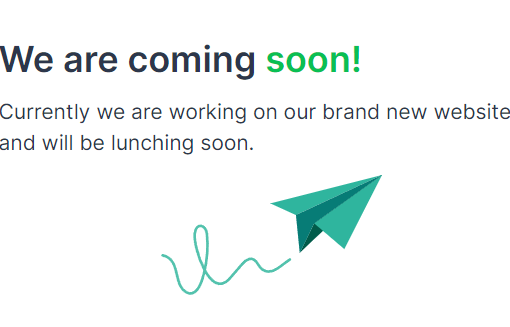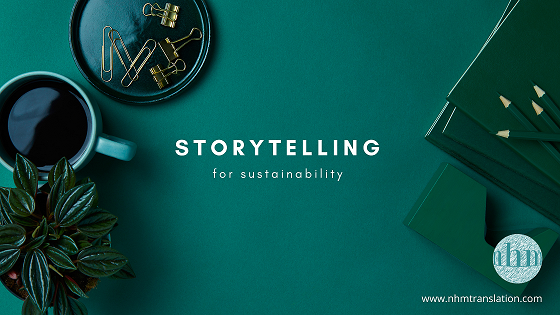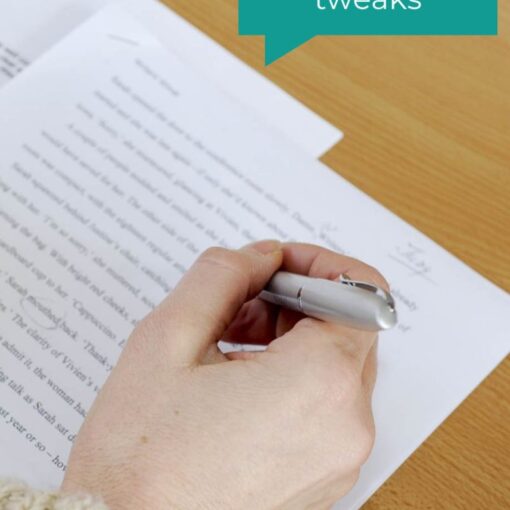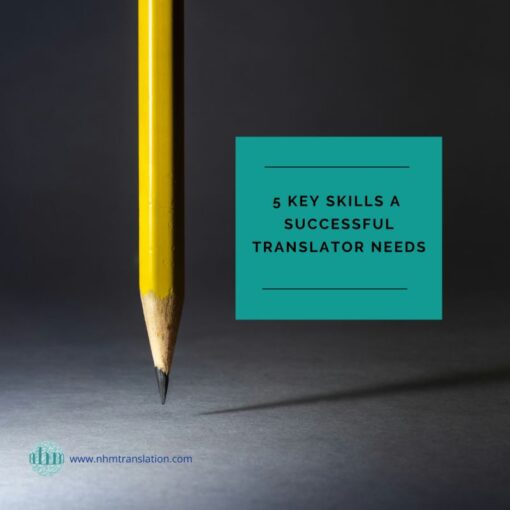Tom Goodwin writes in his 2017 article ‘Forget coding, we need to teach our kids how to dream’ that if we refocus education systems to foster creativity, fuel curiosity, and help our kids to develop healthy relationships and empathy, then we empower them to be self-reliant, agile, and adaptable to change in a world that we can’t yet foresee.
Goodwin believes that in a world of change, technological disruption and abundant information, we need to develop five key attributes in order to become robust, happy and balanced people. Translators and interpreters can not only take inspiration from these suggested attributes, but also take comfort in the fact that many of them are qualities already central to our practice.
Relationships
In the modern working world, says Goodwin, many of us won’t exist as employees, but as ‘creator[s] of value’ through ‘lasting, trusted, human relationships’. This, of course, shouldn’t be a new concept for translators and interpreters, as we’re constantly building and maintaining relationships with project managers, individual clients and colleagues. In the future we will need to hone these people skills and leverage the value we can create through them. Translators and interpreters are key when exporting from / importing to a new market: we are professional wordsmiths and cultural experts that our clients rely on.
Curiosity
Goodwin believes that the main limit to our ‘knowledge and depth of thought’ is curiosity (or lack thereof), and identifies ‘our innate human thirst to know more’ as an attribute that we all possess at birth, ‘yet dies as we mature’. I hope that you, as a translator and interpreter, are curious! Linguists are generally curious creatures who seek to understand the world around them, learn about other cultures and connect the dots. Let’s not lose our childlike ability to enquire, explore and ask why, as this will deepen both our knowledge and our ability to think laterally.
‘Agility’ (flexibility)
Goodwin believes it will be quite possible for the 25-year-old of today to have ‘30 different jobs in several different careers’ during their life, and to sometimes be earning money from ten sources simultaneously. As this possibility is already a reality for many translators and interpreters , instead of resisting the need for ‘agility’ we can continue to refine our existing flexibility and use it to our advantage.
Creativity
Goodwin describes ‘the power of an idea’ as ‘the greatest lever of value that we’ve ever known’, and places great importance on the need to prioritise creativity and ideas in the future.
Many translators and interpreters are also creatives, and this isn’t surprising. In her article
‘7 Ways Professional Translators Share their Creativity with the World’ Magda Philio, an Italian and English to Greek translator, speaks of the ‘complex and creative process of adapting one text into a new reality’. For her, mediating between source and target languages ‘insinuates that a translator’s task is not only an intricate and a demanding one, but highly creative’. How can we foster our creative sides? As someone once said, ‘creativity is intelligence having fun’.
Empathy
Goodwin also emphasises the need, in an increasingly ‘divided and polarised’ world, to ‘build bridges and commonalities’, and sees empathy as ‘our tool to do so’. Translators and interpreters are natural bridge builders, working daily with concepts within a text or spoken passage that are culture-bound and specific to the language spoken by the people of that culture.
As any language professional knows, language is inextricably linked to culture. According to global marketing and localisation expert Nataly Kelly, in-depth knowledge and understanding of two cultures and languages allows interpreters to ‘do far more than bridge language gaps. They enable people from extremely different cultures to understand each other.’1 Read my review of Found in Translation here.
In conclusion, translators and interpreters are well placed to adapt to the future world of work, and will cope with the changes that are reshaping the way we work if we continue to focus on building relationships, showing empathy, and drawing on our curiosity and creativity to provide highly functional language outputs that add value for our clients.
1 N Kelly and J Zetzsche, Found in Translation: How Language Shapes Our Lives and Transforms the World (New York: TarcherPerigee, 2012)





 English
English